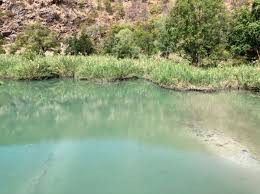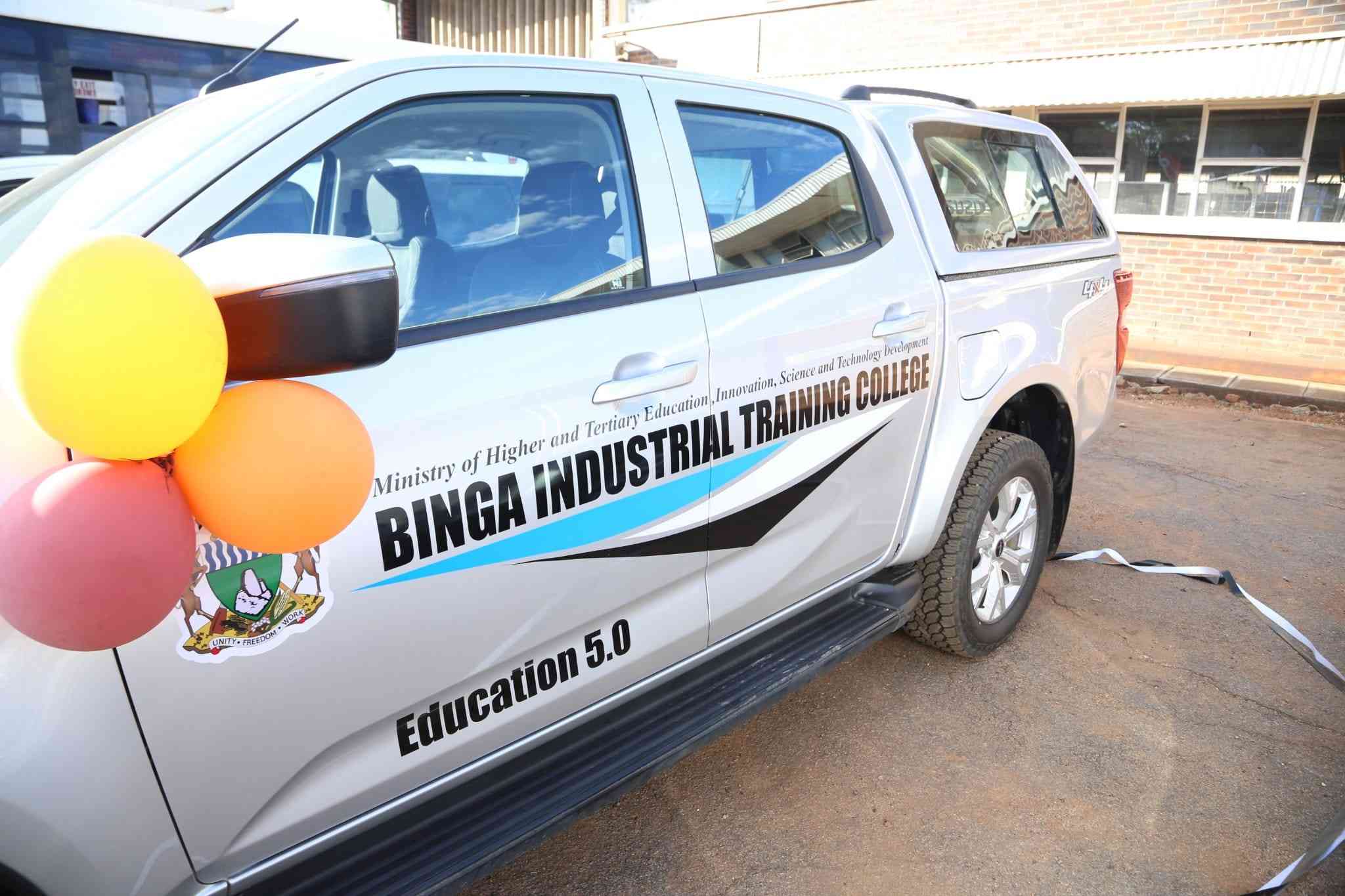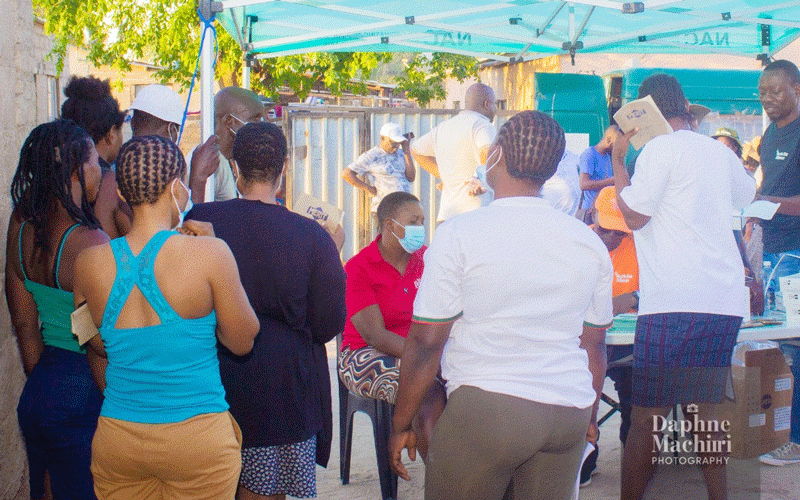
THE Mines and Mining Development ministry is set to visit Deka River in Matabeleland North to assess pollution level following concerns raised by stakeholders
Deka River, a tributary of the Zambezi River, is heavily polluted with metals, industrial pollutants released by local and foreign-owned coal miners as well as power-generating companies, compromising the health of thousands of villagers.
Domestic and wild animals have not been spared by the contamination of one of Matabeleland North’s major rivers, amid concerns over poor monitoring by the Environmental Management Authority.
The plan to visit the site was revealed by the Mines and Mining Development deputy minister Polite Kambamura during a recent parliamentary session following concerns raised by Hwange East lawmaker Joseph Bonda who indicated that some villagers died last year after drinking water contaminated with sulphur.
Bonda said villagers were losing domestic animals.
“I think the government neglected some of the people who are living along those places. This mantra of leaving no one and no place behind is leaving behind some people who are living in Hwange.
“This issue is well known that there are miners who are mining along the Deka River. The Environment and Mines ministers know that very well,” he said.
Bonda said some villagers had over the years suffered from skin diseases, stomach pains and diarrhoea after consuming contaminated water from the river.
- Hwange villagers decry Deka River pollution
- Hwange villagers decry Deka River pollution
- Reprieve for granite operators
- Disgruntled chrome miners meet govt over poor prices
Keep Reading
Aquatic life has also succumbed to pollution with fish deaths having been recorded over the years.
However, Kambamura said alluvial or riverbed mining was banned in Zimbabwe and “the Mines and Mining Development ministry is going to undertake an exercise to visit the site and assess the concerns which have been raised”.









